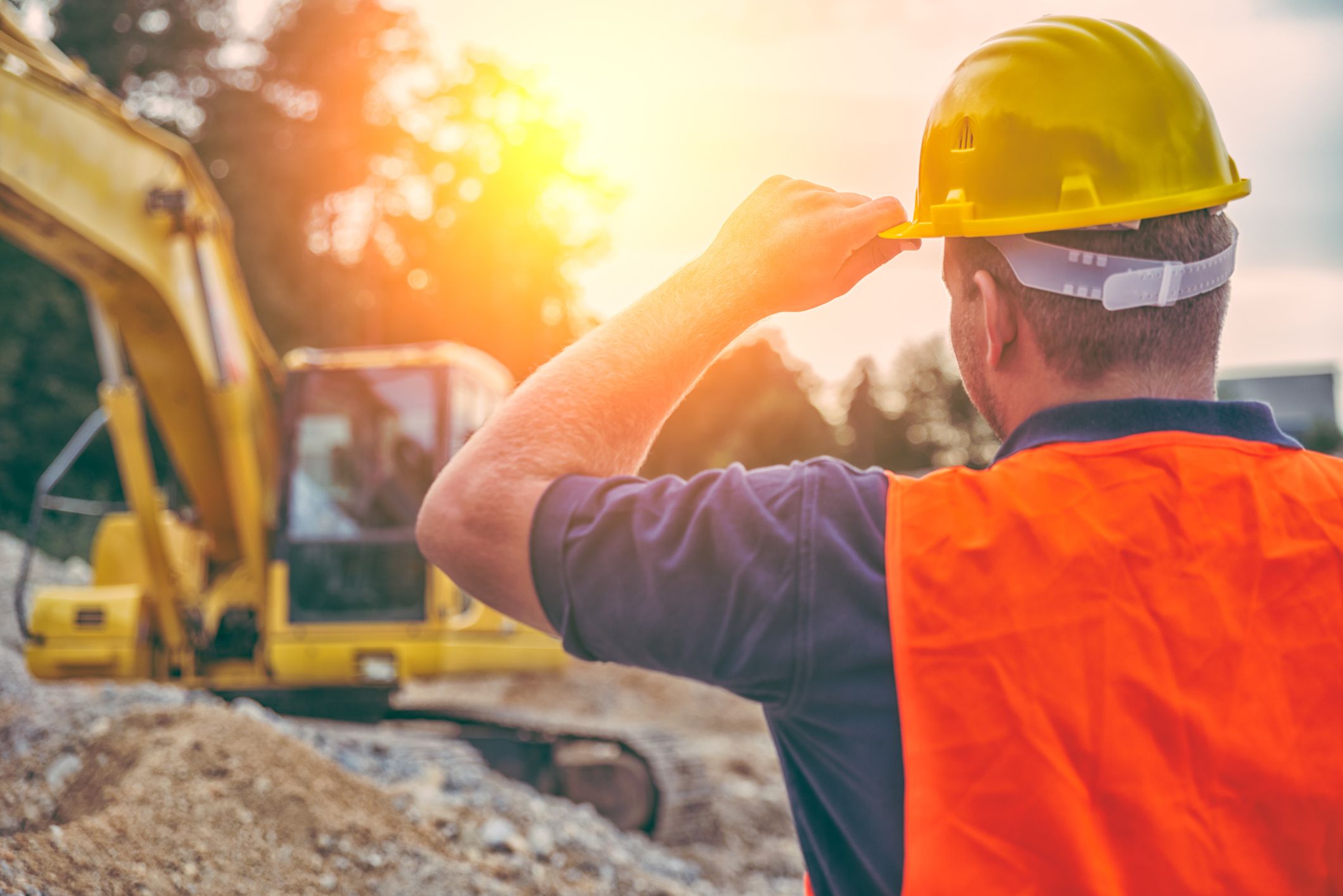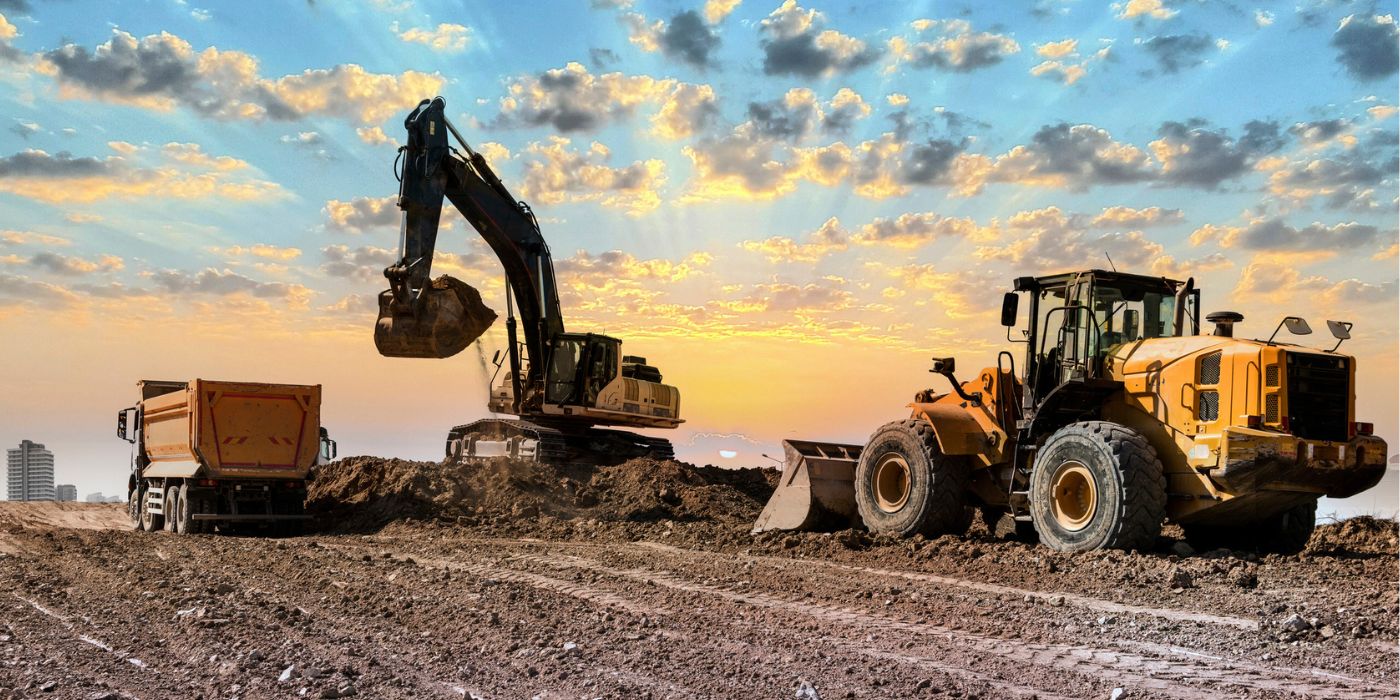Construction Equipment Rentals in Tuscaloosa, AL: Everything You Need for Your Work Website
Construction Equipment Rentals in Tuscaloosa, AL: Everything You Need for Your Work Website
Blog Article
Checking Out the Financial Conveniences of Leasing Building Equipment Contrasted to Having It Long-Term
The decision between renting out and owning construction devices is crucial for economic management in the sector. Leasing deals prompt cost savings and operational adaptability, allowing companies to assign sources a lot more successfully. Understanding these subtleties is vital, especially when considering how they line up with particular project requirements and monetary methods.

Cost Contrast: Leasing Vs. Owning
When evaluating the economic effects of having versus renting building and construction devices, a complete cost comparison is necessary for making notified decisions. The option between possessing and leasing can dramatically impact a company's bottom line, and recognizing the connected prices is critical.
Leasing construction devices generally entails lower in advance costs, permitting businesses to designate capital to various other functional needs. Rental arrangements typically consist of flexible terms, making it possible for companies to gain access to progressed machinery without long-lasting dedications. This flexibility can be especially advantageous for short-term jobs or rising and fall workloads. However, rental expenses can gather over time, potentially exceeding the expenditure of possession if devices is needed for an extended period.
Conversely, having construction tools requires a considerable preliminary financial investment, in addition to continuous prices such as funding, insurance coverage, and devaluation. While possession can cause long-lasting financial savings, it likewise locks up resources and might not offer the very same degree of flexibility as leasing. Additionally, having devices demands a dedication to its utilization, which may not constantly straighten with project demands.
Inevitably, the choice to have or lease needs to be based upon a comprehensive evaluation of certain job demands, economic ability, and lasting tactical objectives.

Upkeep Duties and expenditures
The choice between having and renting out building and construction devices not only entails financial factors to consider yet additionally incorporates ongoing maintenance expenditures and responsibilities. Having tools calls for a considerable dedication to its maintenance, that includes regular evaluations, repair work, and possible upgrades. These responsibilities can promptly collect, bring about unanticipated prices that can strain a budget plan.
On the other hand, when renting devices, upkeep is commonly the responsibility of the rental business. This setup enables specialists to stay clear of the financial burden connected with deterioration, in addition to the logistical obstacles of organizing fixings. Rental agreements commonly include arrangements for maintenance, indicating that specialists can concentrate on completing tasks rather than worrying about devices condition.
Furthermore, the diverse array of tools available for rental fee enables business to select the most recent designs with innovative modern technology, which can improve effectiveness and efficiency - scissor lift rental in Tuscaloosa, AL. By going with services, organizations can avoid the long-lasting liability of equipment depreciation and the connected upkeep frustrations. Inevitably, examining upkeep expenses and duties is essential for making an educated choice concerning whether to possess or lease construction devices, considerably affecting general job costs and operational efficiency

Depreciation Effect On Ownership

A significant element to consider in the choice to possess building and construction tools is the effect of depreciation on general ownership prices. Devaluation represents the decrease in value of the equipment over time, affected by variables such as use, deterioration, and developments in technology. As devices ages, its market worth lessens, which can dramatically impact the owner's economic placement when it comes time to trade the tools or offer.
For construction business, this depreciation can equate to significant losses if the equipment is not used to its greatest possibility or if it lapses. Proprietors have to account for depreciation in their financial forecasts, which can cause greater general expenses compared to leasing. Furthermore, the tax ramifications of depreciation can be complicated; while it may supply some tax obligation benefits, these are often offset by the truth of minimized resale worth.
Eventually, the problem of devaluation highlights the significance of comprehending the long-lasting financial commitment included in having building equipment. Companies have to meticulously review just how commonly they will use the devices and the potential financial influence of devaluation to make an educated decision concerning possession versus renting.
Financial Adaptability of Leasing
Renting building and construction devices uses substantial economic flexibility, enabling companies to designate sources a lot more successfully. This flexibility is particularly essential in a market identified by changing job needs and varying workloads. By opting to lease, companies can prevent the considerable capital expense required for purchasing devices, maintaining capital for various other operational needs.
Additionally, leasing tools enables business to customize their equipment options to certain project demands without the lasting dedication connected with ownership. This suggests that companies can conveniently scale their equipment inventory up or down based on existing and anticipated project needs. Subsequently, this versatility decreases the danger of over-investment in machinery that might come to be underutilized or obsolete in time.
Another financial advantage of renting is informative post the capacity for tax advantages. Rental payments are usually thought about overhead, permitting prompt tax obligation reductions, unlike devaluation on owned and operated tools, which is spread out over numerous years. scissor lift rental in Tuscaloosa, AL. This prompt expenditure acknowledgment can further enhance a firm's cash money placement
Long-Term Task Factors To Consider
When reviewing the lasting demands of a building and construction organization, the choice in between renting and owning tools ends up being a lot more complicated. Key factors to consider consist of task period, frequency of use, and the nature of upcoming jobs. For jobs with prolonged timelines, purchasing tools might seem advantageous due to the possibility for reduced overall used paving equipment for sale prices. Nonetheless, if the equipment will not be used regularly throughout jobs, possessing may lead to underutilization and unneeded expenditure on storage, insurance policy, and maintenance.
Furthermore, technical advancements present a substantial consideration. The building sector is evolving rapidly, with new devices offering enhanced efficiency and security functions. Renting out permits companies to access the current innovation without dedicating to the high ahead of time prices related to investing in. This flexibility is particularly advantageous for services that manage varied jobs needing various kinds of devices.
In addition, economic stability plays an important function. Owning tools usually requires considerable capital investment and devaluation worries, while renting enables even more predictable budgeting and capital. Inevitably, the option between site here owning and renting out must be aligned with the critical goals of the construction organization, thinking about both anticipated and existing project needs.
Conclusion
In verdict, leasing construction tools provides significant financial benefits over lasting possession. The decreased in advance prices, elimination of upkeep duties, and avoidance of devaluation add to improved cash flow and economic flexibility. scissor lift rental in Tuscaloosa, AL. In addition, rental payments serve as prompt tax obligation deductions, additionally profiting professionals. Ultimately, the choice to rent out rather than own aligns with the vibrant nature of building and construction projects, enabling for flexibility and accessibility to the newest devices without the economic concerns related to ownership.
As equipment ages, its market value decreases, which can dramatically influence the proprietor's monetary setting when it comes time to offer or trade the devices.
Renting out building and construction tools uses significant financial flexibility, permitting firms to designate resources more successfully.In addition, leasing equipment enables firms to tailor their devices choices to details job demands without the long-term dedication connected with possession.In verdict, leasing construction tools supplies considerable financial benefits over long-term possession. Eventually, the choice to lease rather than very own aligns with the dynamic nature of building and construction projects, permitting for versatility and accessibility to the most current tools without the monetary burdens connected with ownership.
Report this page